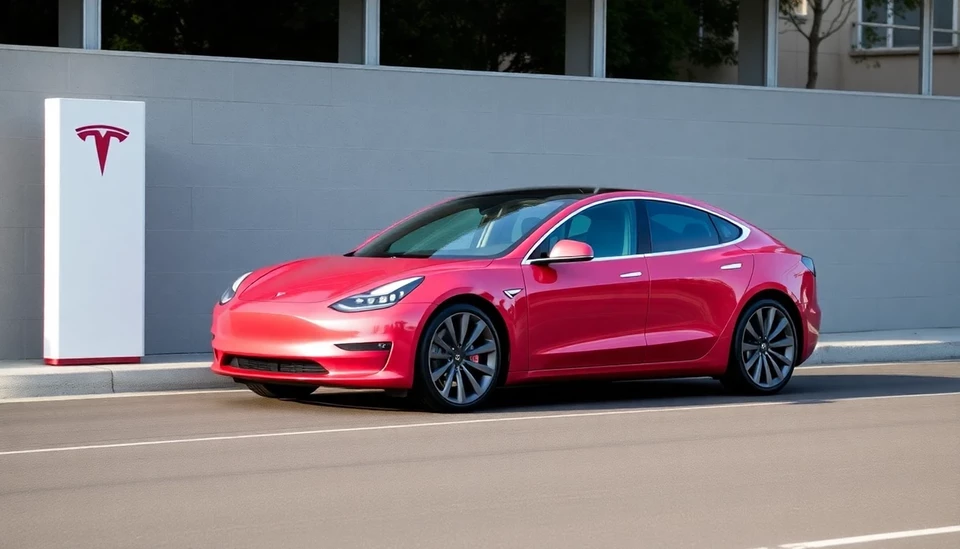
In an intriguing twist in the ongoing corporate landscape, recent tensions between tech magnate Elon Musk and the state of Delaware have led to a proactive legislative initiative aimed at enticing companies to remain domiciled in the First State. Delaware’s unique status as a business-friendly haven, known for its favorable corporate laws and regulations, is being put to the test as the state grapples with potential fallout from Musk's high-profile decisions.
Delaware legislators have been prompted to introduce new bills that aim to sustain and attract businesses that are reconsidering their commitments to the state. The move comes in response to Musk’s public criticisms of Delaware’s corporate governance framework and its perceived restrictions. His remarks have sparked a debate among business leaders who are now weighing the benefits of Delaware’s traditional advantages against the backdrop of Musk’s accusations.
There’s a sense of urgency among Delaware lawmakers, who recognize that the state must adapt and remain competitive in a rapidly changing economic environment populated by influential figures like Musk. The proposed legislation aims to refine tax incentives and boost transparency in regulatory practices to ensure that corporations feel valued and motivated to keep their operations within Delaware’s jurisdiction.
In particular, the legislation seeks to enhance Delaware’s appeal by providing additional financial incentives for startups and established firms alike. By addressing Musk’s criticisms head-on, state officials hope to retain their reputation as the go-to destination for businesses looking to incorporate while simultaneously learning from the feedback of some of the industry’s most prominent voices.
Delaware’s corporate landscape has long been synonymous with flexibility and legal sophistication, attracting a significant number of Fortune 500 companies. However, the growing discontent echoed by Musk—who has made headlines with his ambitious ventures and unabashed critique of the status quo—has added an unexpected layer of pressure on state policymakers. His challenges to Delaware's suitability for business could potentially prompt a larger exodus if action isn’t taken promptly.
As deliberations crystallize into formal legislative proposals, stakeholders from various sectors are rallying together, voicing their support for the measures intended to bolster Delaware’s business environment. Many business leaders are expressing their confidence in the dialogue unfolding between the state’s government and corporate citizens. They are hopeful that the collaborative approach could yield results that fortify Delaware’s standing in the corporate world.
The outcome of this legislative push remains to be seen, but one thing is clear: Musk’s vocal criticism has spurred a reaction that could reshape the corporate landscape in Delaware and beyond. The state's ability to adapt and innovate in response to such challenges will be pivotal in determining its future as a favorable business domicile.
In conclusion, the interplay between Musk’s commentary and Delaware’s legislative maneuvering serves as a vivid reminder of the dynamic relationship between corporate leaders and the regulatory environments in which they operate. As events unfold, all eyes will be on Delaware to see how it navigates the storm stirred by one of the most contentious figures in business today.
#ElonMusk #Delaware #Businesses #CorporateLaw #Legislation #Economy #Startups
Author: Victoria Adams




